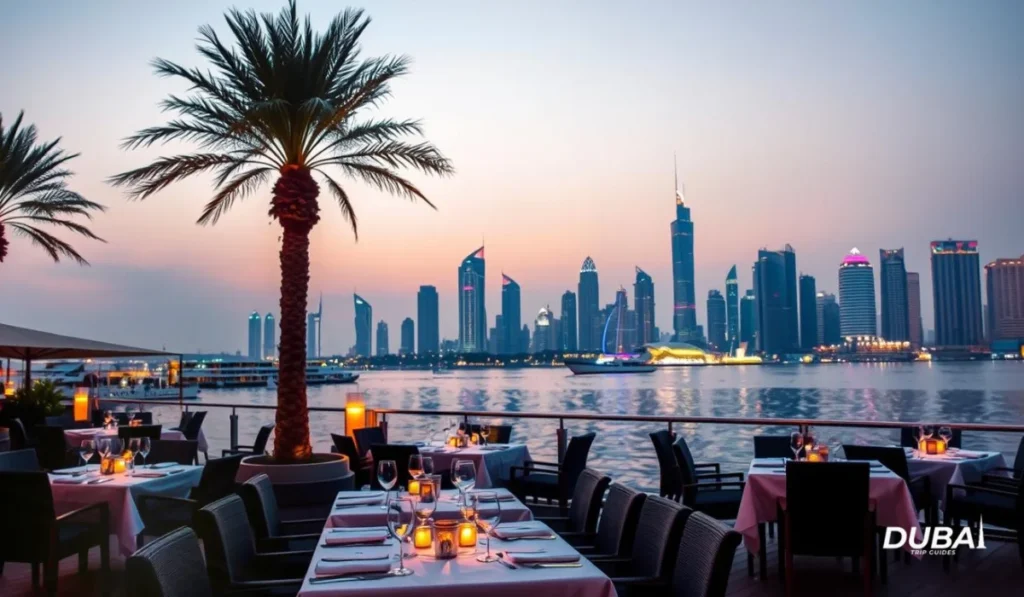
Visa, Vaccines & Vibes: Dubai Travel Checklist dubaitripguides.com
Dubai, a bustling metropolis where modern luxury meets cultural heritage, is a must-visit destination for travelers from around the world. Whether you’re planning a luxurious stay in the heart of the city or exploring its vibrant attractions, having the right travel checklist is key. In this comprehensive Dubai travel guide, we’ll cover everything you need to know about visas, vaccines, and vibes to ensure your trip is smooth and memorable.
1. Getting Your Visa: Know the Requirements
Before embarking on your Dubai trip, it’s important to check the visa requirements based on your nationality. Most travelers can enter Dubai with a tourist visa, which is typically valid for 30 days. Here’s a quick guide to help you understand the visa process:
Tourist Visas: Citizens of many countries can apply for a tourist visa online through the UAE government portal or with the help of travel agencies. Some countries may be eligible for visa-on-arrival or e-visa options.
Visit Visas: If you plan to visit family or friends, a visit visa may be the right option for you.
Business Visas: For those visiting for work or business purposes, a business visa is required. Be sure to arrange it through your employer or sponsor.
Check the official UAE immigration website or contact your local embassy to ensure you have the most up-to-date information for your specific visa requirements.
2. Health and Vaccines: Stay Safe While Exploring Dubai
Dubai is known for its cleanliness and high standards of health care. However, to ensure a safe and healthy trip, you must take care of certain vaccinations and health precautions before your visit.
Vaccines: Most travelers to Dubai don’t need any specific vaccinations beyond routine ones, but it’s always a good idea to check with your healthcare provider well in advance. The following vaccines are often recommended for international travelers:
Hepatitis A and B
Typhoid
Tetanus
Measles, Mumps, and Rubella (MMR)
COVID-19 Protocols: Dubai has implemented safety measures to protect its residents and visitors. Depending on the situation at the time of your trip, certain COVID-19 protocols such as proof of vaccination or a negative PCR test might still be required. Check for updates on Dubai’s health regulations closer to your departure.
Travel Insurance: It’s always advisable to have travel insurance that covers medical expenses, especially if you’re traveling internationally. Having coverage can provide peace of mind in case of unexpected health issues.
3. The Vibes: Experience Dubai’s Unique Culture
Dubai is an exciting blend of traditional Arabian culture and ultra-modern living. As you plan your trip, make sure you’re prepared to embrace both aspects of this dynamic city.
Dress Code: While Dubai is more liberal than some of its neighbors, it’s important to respect local customs. In public areas, it’s advisable to dress modestly—especially in places like shopping malls, souks, and cultural sites. Swimwear is acceptable at beaches and pools, but always cover up when leaving those areas.
Ramadan: If your Dubai trip falls during the holy month of Ramadan, be mindful that many restaurants may be closed during the day. It’s important to avoid eating, drinking, or smoking in public during fasting hours. The evening iftar meals offer a beautiful cultural experience.
Cultural Etiquette: Dubai is a melting pot of nationalities, and while it’s a tolerant city, being respectful to the local culture is important. Avoid public displays of affection, be polite, and show respect for religious practices.
4. Best Time to Visit Dubai
The best time to visit Dubai is during the cooler months, from November to March. During this period, the weather is perfect for outdoor activities like desert safaris, sightseeing, and shopping. The temperatures range from 20°C to 30°C, making it ideal for a pleasant experience.
However, if you’re a fan of extravagant events, consider visiting during major festivals like the Dubai Shopping Festival (January-February) or the Dubai Food Festival (March). These events offer unique opportunities to experience the city’s vibrant vibe.
5. Must-Do Activities in Dubai
With everything in place, now it’s time to explore what Dubai has to offer. Here are a few activities to add to your itinerary:
Burj Khalifa: No visit to Dubai is complete without witnessing the stunning views from the Burj Khalifa’s observation deck, the tallest building in the world.
Dubai Mall: Shop ‘til you drop at the world’s largest mall, home to over 1,200 stores, an aquarium, and a massive indoor ice rink.
Desert Safari: Experience the vast beauty of the Arabian desert with a thrilling dune-bashing experience, camel ride, and a traditional BBQ dinner under the stars.
Dubai Creek: Take a traditional abra ride on the creek, explore the historic Al Fahidi Neighborhood, and shop at the gold and spice souks.
6. Final Tips for Your Dubai Trip
Currency: Dubai uses the UAE dirham (AED). Credit cards are widely accepted, but it’s always a good idea to carry some cash for small purchases or tips.
Language: The official language is Arabic, but English is widely spoken in hotels, malls, and restaurants.
Tipping: Tipping is appreciated but not mandatory. A 10% to 15% tip is common in restaurants, while hotel staff often expect a small tip for their services.
Conclusion
Dubai is a destination that promises unforgettable experiences, from the towering skyscrapers to the tranquil desert. With the right preparation, your Dubai trip will be an adventure to remember. Whether you’re going for business or leisure, be sure to check off your travel checklist with visas, vaccines, and good vibes for a smooth and exciting journey. For more in-depth advice on planning your visit, check out our complete Dubai Trip Guides!








Leave Your Comment